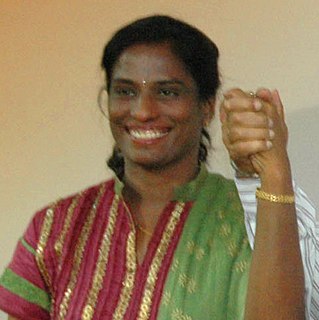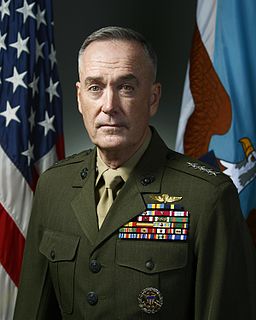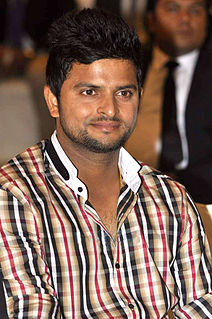A Quote by Abdul Qadeer Khan
Without my services, Pakistan would never have been the first Muslim nuclear nation. We were able to achieve the capability under very tough circumstances, but we did it.
Related Quotes
The real concern is that Iran would do what Pakistan did. Pakistan wanted nuclear weapons, like Iran, purely for defensive reasons - to defend itself against India. The problem was that once Pakistan acquired the weapons, it allowed the country to be more aggressive. So they stepped up their support for the Kashmiri terrorists, and it led very quickly to the Kargil crisis in 2000, which almost sparked a nuclear war between India and Pakistan.
Pakistan always seems to have a lot of political complexities and political challenges. But Pakistan is important for a number of reasons. Primarily, it is a nuclear power. And if, in fact, al Qaeda and Taliban, which are in Pakistan and causing a lot of tragedies and deaths in Pakistan - if they would ever somehow have real influence and control of that government, then we [world] really have a problem.
It is not unimaginable to have military options to respond to North Korean nuclear capability. What's unimaginable to me is allowing a capability that would allow a nuclear weapon to land in Denver, Colorado. That's unimaginable to me. So my job will be to develop military options to make sure that doesn't happen.
My days in hostel were tough. I was ragged by my seniors. We were asked to wash their dirty clothes, do their odd jobs, etc. When it came to eating, we would be often given burnt rotis and milk that had awful odour. But, never once did I call home. I knew if I had to become a tough cricketer, I would have to handle the pressure.
India, Pakistan series has always been decided by the government. We toured in 2003-04 when I was the captain and it was for the first time since 1989-90 that we toured Pakistan. There were times even in those days when the series was planned but would get cancelled. So you have to leave it to the government.
Sanctions did indeed help to bring Iran to the negotiating table. But sanctions did not stop the advance of Iran's nuclear program. Negotiations have done that, and it is in our interest not to deny ourselves the chance to achieve a long-term, comprehensive solution that would deny Iran a nuclear weapon.




































